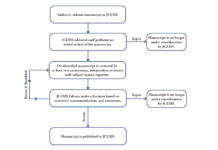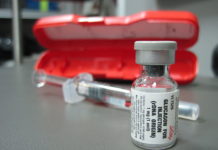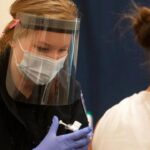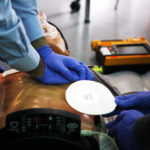Peer Review of Collegiate EMS Scholarly Literature
JCEMS employs a double-blind peer review process to filter manuscripts for publication. We believe that the process minimizes bias, promotes fairness, encourages appropriate criticism, and strengthens the quality of submitted manuscripts.
Non-Veterinary Emergency Care of Law Enforcement Canines at Mass Gathering Events
This case report describes the development, implementation, and evaluation of a pilot training course for collegiate EMS providers on the treatment of law enforcement canines.
Prehospital Management of Hypoglycemic Emergencies
This review discusses the pathophysiology and presentation of hypoglycemic emergencies, as well as assessment and treatment options across different scopes of practice for emergency medical services providers.








